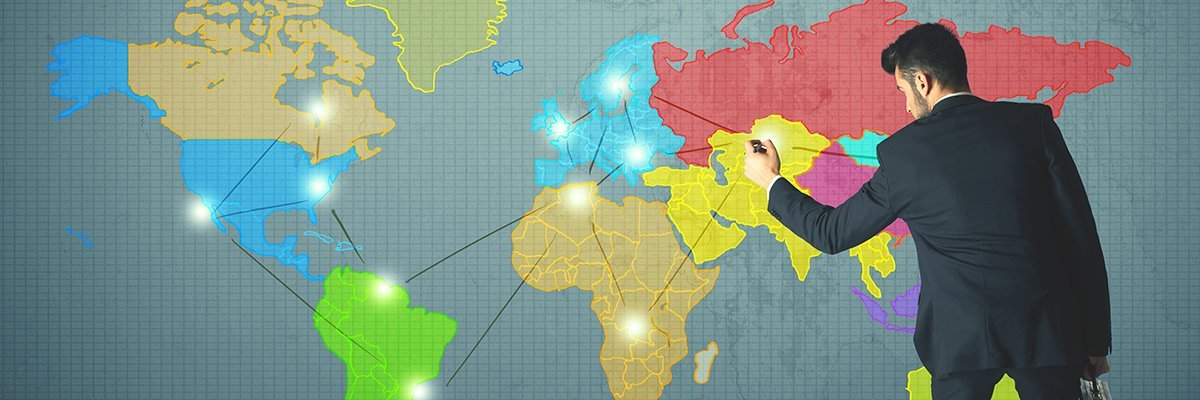
"I think for a long time we thought of data sovereignty as the location where data sits. And that certainly is one aspect. But really, it's the laws and governance structures around the country in which data is collected, processed and stored. It's also about who has the authority to dictate how data is managed, accessed and used. Those two dimensions define what makes up data sovereignty and how people think about it."
"The first of those factors is data sensitivity. As citizens, we're becoming increasingly aware of the sensitivity of data around us, corporate data. A lot of this focus is the result of ransomware attacks and data leakage. But we're also seeing data sensitivity being highlighted in terms of copyright and intellectual property. And that's being driven by the rise of AI [artificial intelligence]. So, as a society, data sensitivity is increasingly top of mind."
Data sovereignty comprises the laws and governance frameworks of the country where data is collected, processed and stored, and the authority that dictates how data is managed, accessed and used. Rising sensitivity of corporate and personal data—exacerbated by ransomware, data leakage, intellectual property concerns and the growth of AI—drives stronger focus on data protection. Geopolitical trade tensions, political uncertainty, and expanding regulation and compliance further increase pressure to manage data location and control. Responses include retaining data on-premises, designing careful hybrid-cloud architectures, and preparing operationally and legally for emerging regulatory requirements.
Read at ComputerWeekly.com
Unable to calculate read time
Collection
[
|
...
]